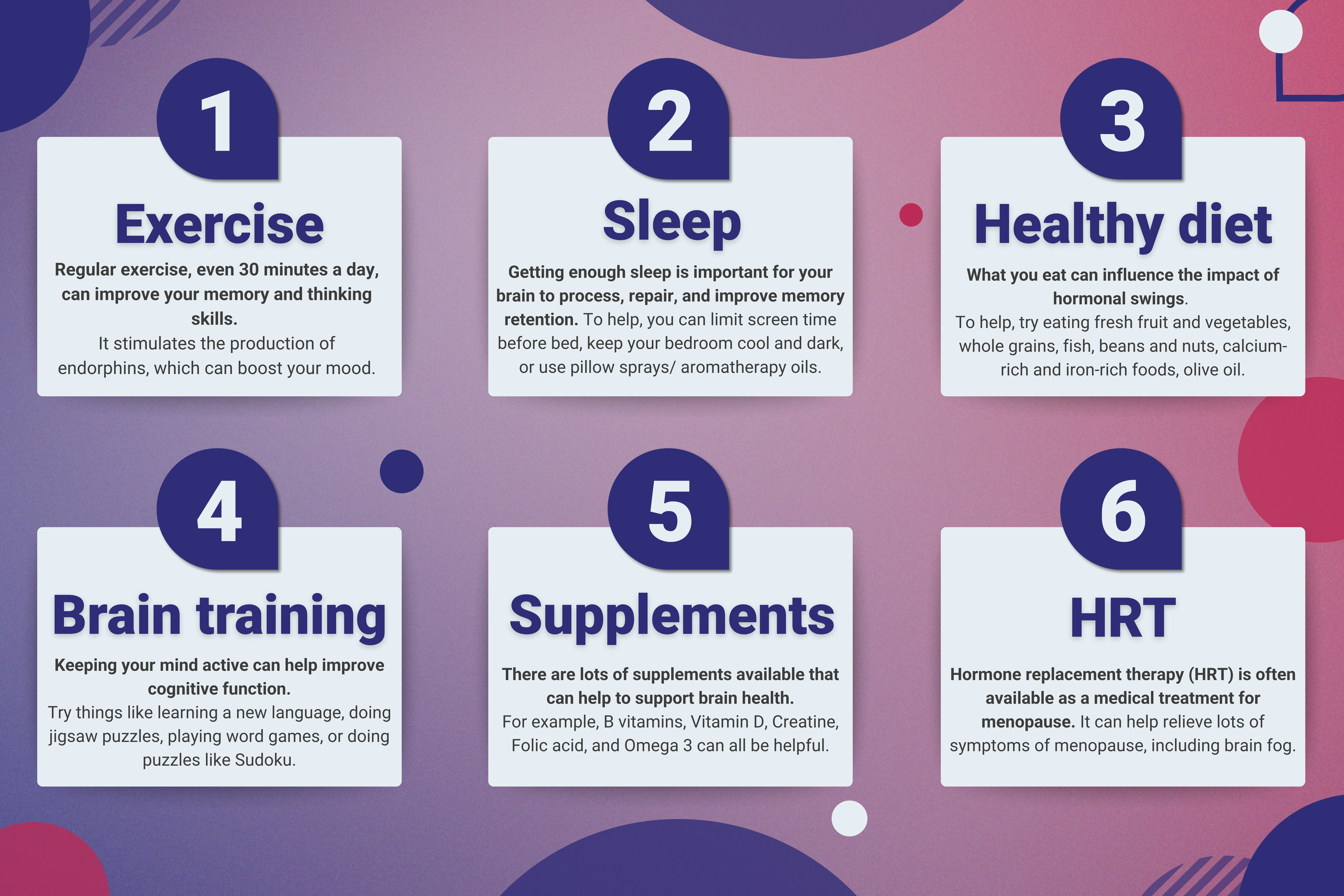[This is for informational purposes only. For medical advice or diagnosis, consult a professional.]
Menopause can affect a student's ability to study in several ways, including:
Brain fog
- Many people experience brain fog and increased forgetfulness during menopause. This can make it difficult to study and may impact motivation.
Existing medical conditions
- Menopause can make existing medical conditions worse, which may require students to take time off from studying.
Stress
- The stress of studying for assessments, combined with other commitments, can increase menopausal symptoms.
Ways students and institutions can support students experiencing menopause:
1. Be considerate
Be aware that other students may be experiencing menopause and be considerate of them.
2. Seek support
If symptoms are affecting a student's studies, they should seek support from Student Services.
3. Be aware of referral mechanisms
Personal tutors should be aware of how to refer students to Student Services.
4. Make reasonable adjustments
Student Services can work with students to make reasonable adjustments to minimize the impact of menopause on their studies.
5. Be sensitive
Treat anything that affects a student sensitively, and don't assume it's due to menopause.
6. Be flexible
Workplaces should be flexible enough to support older women teachers who may be experiencing menopause.
Ways to beat menopause brain fog
